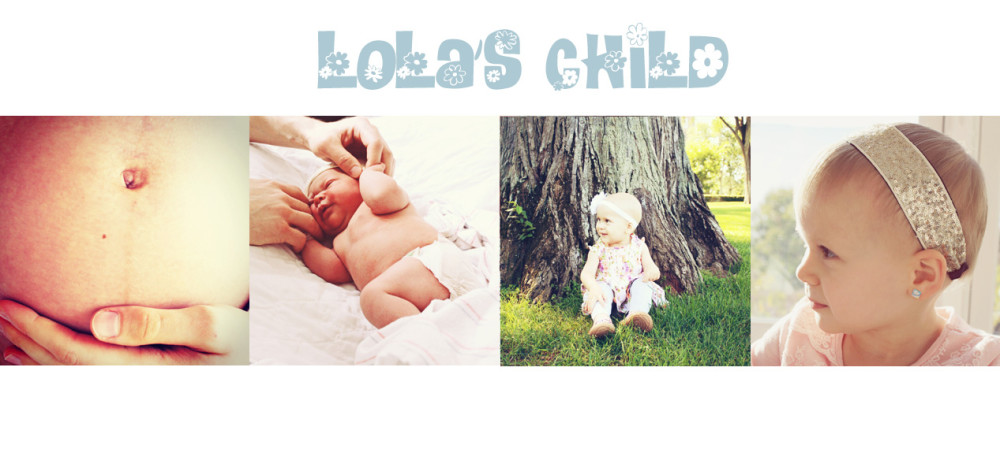No matter how well you “prepare” for motherhood, there are always surprises. And breastfeeding is no exception to that rule. Before giving birth, I had not only read the books, but had also personally seen a friend shoot milk like a fire hydrant across a room, felt a heavy, fully soaked breast pad, heard about cracked, bleeding nipples. But, there were still plenty of surprises in store for me when it came time to do it myself.
Here are ten things that I didn’t expect when I was expecting….to breastfeed:
1. Boob over bottle. I planned to exclusively breastfeed my child, but I never expected to be the only person able to feed her. I expected to have help with nighttime feedings and to be able to leave my child in the care of my husband at times. Instead, I had a child who refused to take a bottle. In researching and talking about this issue with others, I discovered that this does in fact happen (to lots of people I know, in fact!). But, it was still an exhausting first year with a non-bottle drinker who was a very frequent “snacker.”
2. Pacifier be gone. A bottle wasn’t the only thing my child refused. She also refused a pacifier. While I wasn’t big on the idea of pacifiers, I became desperate after weeks of colicky behavior (see #3 for the answer to my colicky woes). But, I was never able to successfully get my girl to accept anything but an actual pacifier: my breast. Day and night.
3. Self-deprivation. I’m not talking about lack of sleep or time alone (which are obviously part and parcel of breastfeeding, as well). I’m talking about having to cut foods you love out of your diet on account of your little one’s digestive issues, allergies and intolerances, sleeplessness, and/or colicky behavior. I not only had to say bye-bye to foods I loved, but could not drink even a little bit of caffeine (now there’s something I didn’t know I’d have to survive motherhood without!).
4. Bras, bras, bras. I knew my breasts would change when I was pregnant, and that they would change again when my milk came in. What I didn’t know was that I’d end up with a drawer full of bras in SEVEN sizes! There were several size changes during pregnancy, but the majority of them happened throughout my breastfeeding journey as my child’s needs evolved. I should own stock in Victoria’s Secret.
5. Fraternal twins. Again, I knew my breasts would change, but was surprised to find that they might change independent of one another. One of my breasts was always more full of milk from the start (not to mention, had a much faster let down), but they pretty much looked the same. After I suffered a breast infection (at 7-months out), however, the affected breast was never the same as its partner again. It still produced plenty of milk, but my girls were no longer twins.
6. Woah, nipples. My areola never grew to the size of saucers during pregnancy like I expected them to. And while they did darken, that quickly subsided after giving birth. What did change, however, were my nipples. They now permanently stand at attention (even visible under a lined bra!). They are bigger. And they often point in the wrong direction. While I am completely horrified that this has happened to me (let alone that I am admitting it to the world), I take comfort in the hundreds of stories I’ve read assuring me that they will someday look normal again.
7. Sex? Sleep deprivation, lack of time, feeling “touched out” from all the breastfeeding and caregiving, and fear of sex after giving birth aren’t the only things standing in the way of a sex life. Some women (hand raised here…going on 15 months) don’t ovulate for many months or years. That means a lack of estrogen circulating in your body….and a lack of desire. Womp womp…
8. No baby, no. Speaking of sex, what about baby number two? It’s fairly common to start discussing this (or to feel your uterus begin to ache for another little one!) at some point during your first child’s infancy or toddlerhood. But, there is a wide range of “normal” when it comes to fertility after giving birth. Some women see their period return just weeks after giving birth, while others (right here!) are very sensitive to the hormones involved in lactation and remain infertile for quite a while. So, the question of when to have another isn’t always in your hands.
9. It’s not always easy. I wrote about the challenges of breastfeeding a newborn here, and a toddler here. But, quite simply, it’s not easy. There is pain, a steep learning curve, blocked ducts, breast infections, biting, milk supply issues. And on.
10. Toddlers are easier. If you choose to continue breastfeeding into toddlerhood, the good news is that it’s pretty easy. There is less to worry about when you aren’t your child’s only source of nourishment, your body has figured out how to do what it needs to do, and it’s a sweet moment of calm in an otherwise chaotic life with a child that never stops moving. (Read more about extended breastfeeding here.)
There you have it. I was surprised! How about you?


